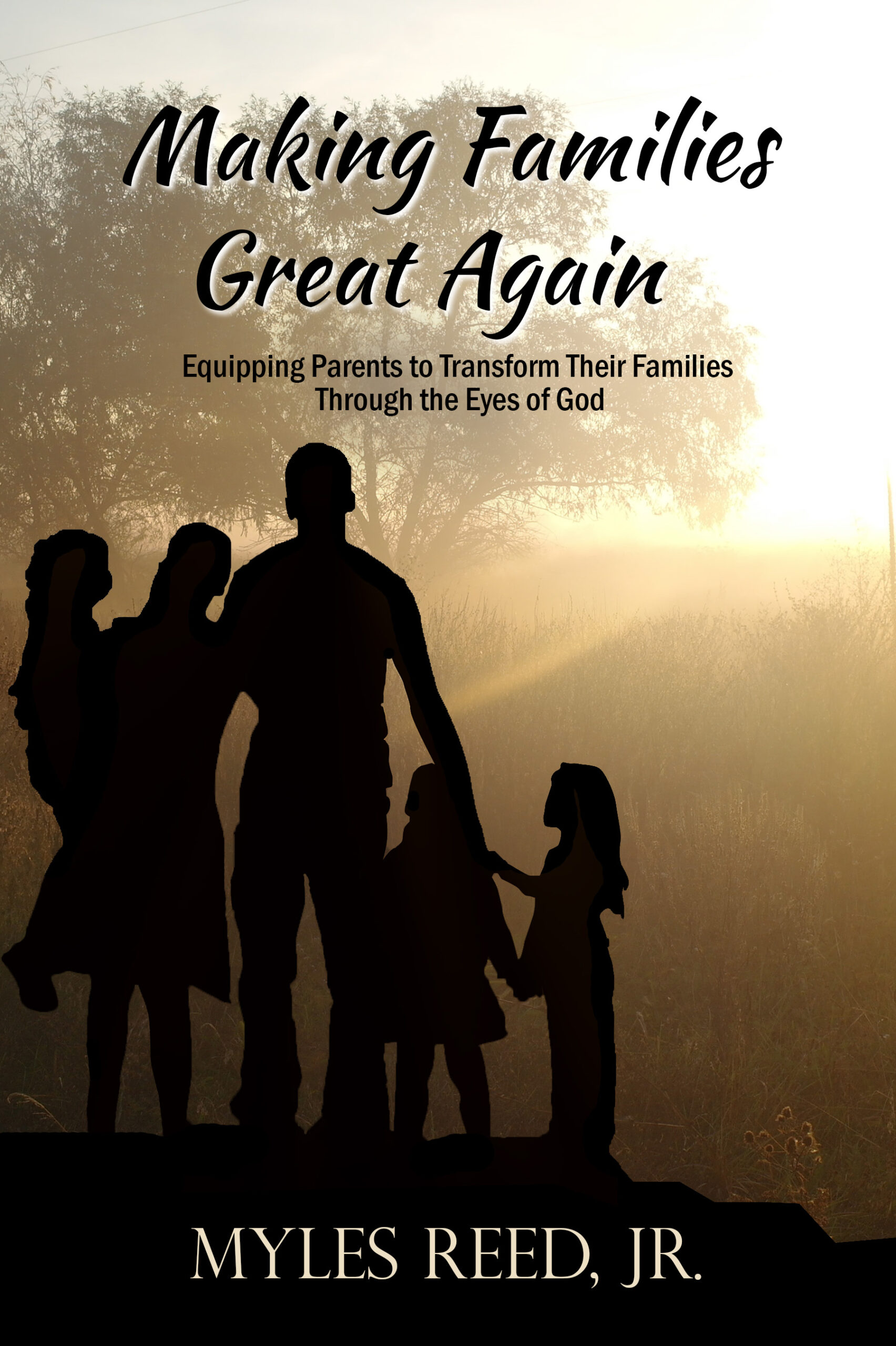
Our stories are the most life-changing when readers feel like they’re in the middle of a desperate struggle, with obstacles that put the outcome in serious doubt. If we only tell what happened, much like news reporting, readers are mildly affected by the character’s experience. We want better than that.
Suppose you pick up the newspaper and see the picture of a bad accident on the freeway. You feel a little sorrow for the injured driver, then move quickly to the next article. What if you are actually on that freeway and reach the accident soon after it happens? You see a bleeding victim being helped by paramedics. There’s nothing you can accomplish by stopping, so you drive on, saying a prayer, thankful you weren’t in the crash. But if you’re the one struggling to breathe while being loaded into the ambulance, you’re in the midst of an experience that can change your life.
We have readers’ attention when they feel the pain.
Consider the story: “Daniel Sleeps with Lions.” Daniel should be the main character, right? You would think so, since his name is in the title. However, Daniel remains firm in his conviction, praying three times a day, never changing. Therefore, he might not be the best choice. “A Pagan King Prays” would probably be more captivating, following the emotional journey of King Darius, who discovers the importance of knowing the one, true God.
If we really want to change lives, we should tell our stories in a deep point of view, using the perspective of the character who experiences the greatest change.




 Character is a critical key to becoming a person of quality, and it starts in the home!
Character is a critical key to becoming a person of quality, and it starts in the home!